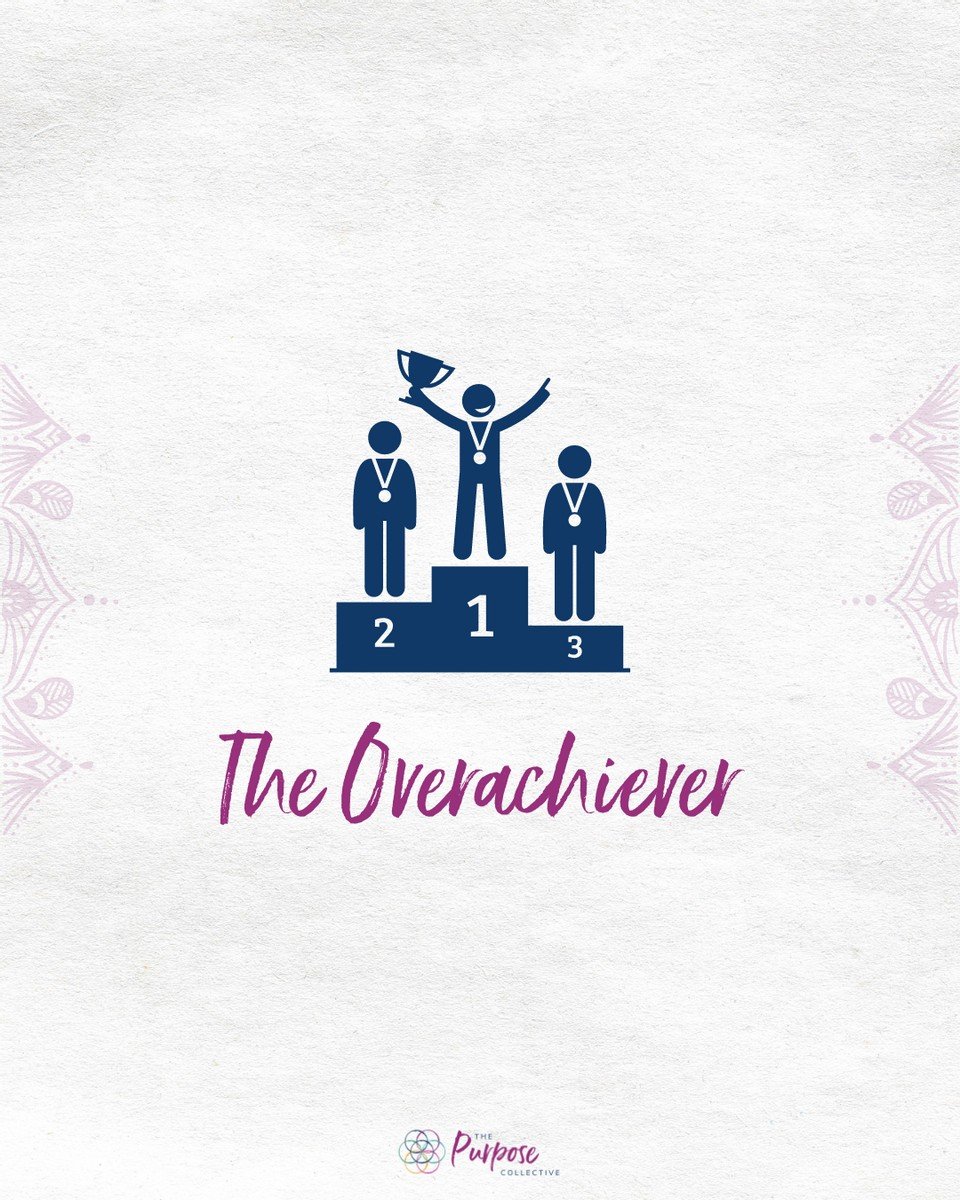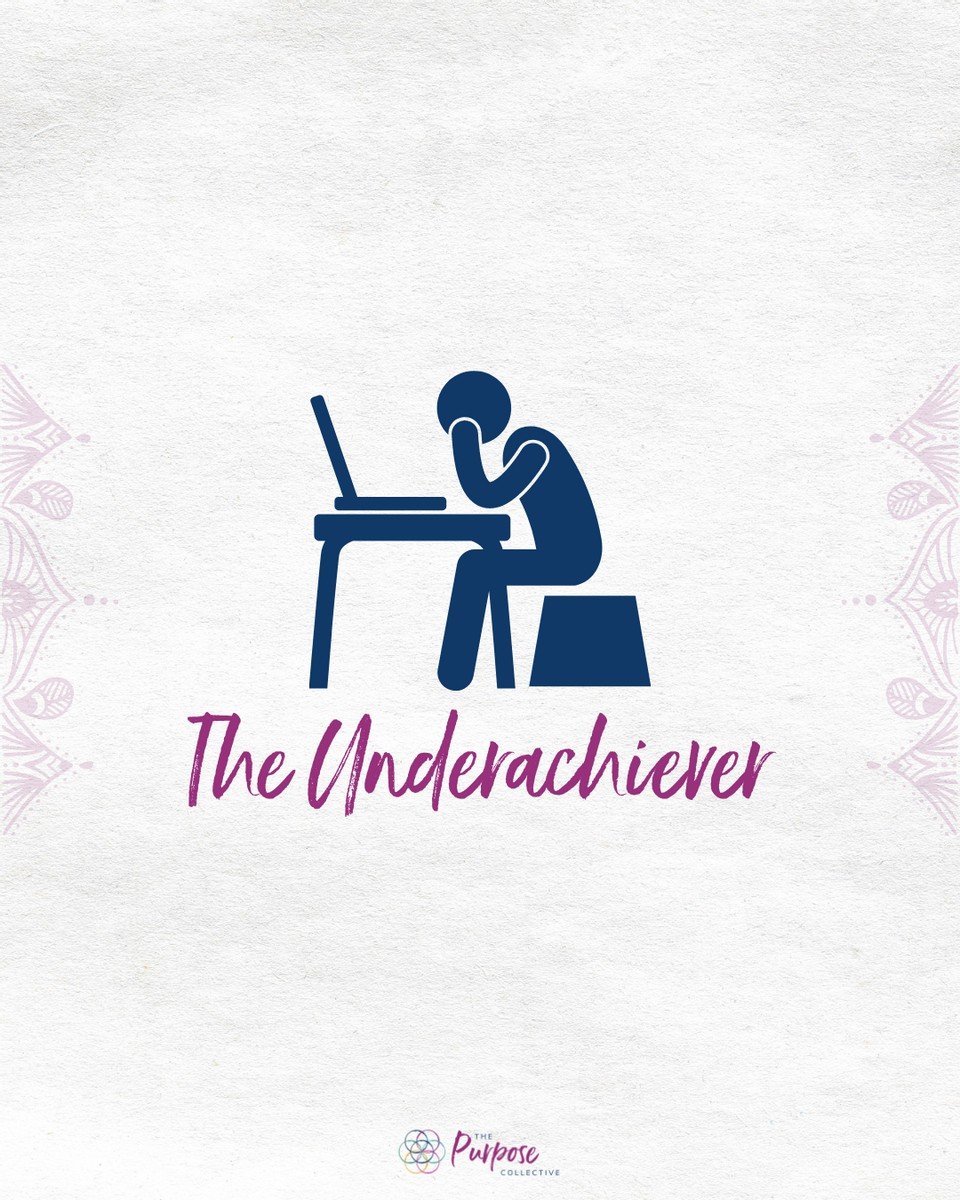How your inner child impacts your leadership
When I’m coaching leaders, I like to know their story and what are the important life events which have made then who they are.
These stories tell me a lot about what we are going to need to work on through our coaching journey and gives us a great starting point for self-exploration.
Sometimes leaders have never made the connection between their story and their leadership.
Whilst it feels like a therapists cliché… tell me about your childhood… so much of our past impacts our present and future. Unless we understand and are able to take charge of our story and begin a deeper journey into understanding ourselves, we keep repeating the patterns and finding ourselves in situations we are trying to avoid.
Many leaders I work with are becoming aware of this connection and consciously doing the repair work to understand their stories, patterns, life experiences and ‘do the work’ to be the best versions of themselves.
These leaders want to explore how their past trauma (big T or small t)* or life experiences can show up in their leadership and they want to be working through this because they know it could be showing up in how they live and lead and minimising the impact they want to have.
The Seven Inner Child Archetypes
As children we learned how to adapt to our environments to get what we needed be that safety, love, attention, care, belonging, self-worth.
What we learned, often then becomes part of our life’s work to integrate, resolve or recover from depending on our early experiences
These experiences then inform our life and leadership patterns.
They can be our biggest strengths, sources of purpose and also our biggest downfalls or achilles heel too!
Check out more detail on the 7 Inner Child Archetypes below which I’ve adapted to include impact on your leadership and how I see these showing up in peoples leadership. Which ones most resonate with you?
The CareTaker
As a child: Likely to have been the caretaker at home growing up having to care for siblings, parents. Gains their sense of self-worth through focussing on others and might believe the only way to receive love it to focus on others and ignore their own needs.
As a leader: Likely to take on others problems and try to solve, fix, care for others more than they need to and then feel overwhelmed, resentful and burned out.
The Hero Worshipper
As a child: Likely had a caretaker who they viewed as superhuman, without flaws, faults or weakness. As they grow up their own needs, desires, ideas and model themselves on others template
As a leader: Likely to need to have a person or guru to follow. Someone more senior who they idolise. Rejects own views and ideas if their don't match to their 'guru's' ideas. Can engage in not challenging status quo or want to become a Hero themselves.
The overacheiver
As a child: Likely was praised and recognised more for their achievements than who they were as a person and thus learns that the only way to receive love is through achievement
As a leader: Likely to be hugely successful and focussed on success, achievement, goal oriented but never feeling like they can celebrate their own success
The Underachiever
As a child: May have experienced fear, criticism or shame about failure or told to not be too much or they were never going to amount to anything. Caretakers encouraged them to stay small, not aim, not grow.
As a leader: May not put themselves forward for things which are out of their comfort zone. Stays small and invisible, describes themselves as a great #2 and keeps themselves small, unseen and beneath their potential so they don't fail
The Life of the Party
As a child: May have learned to only way to feel okay and receive love is to make sure everyone else around them is happy. Might have used comedy to save them, help them gain friends e.g. growing up in a boarding school environments
As a leader: Is always the happy, cheerful comedian who finds it hard to show who they really are, doesn't show weakness or vulnerability and may appear superficial or not able to dive beneath surface of complex issues
The Rescuer / Protector
As a child: May have grown up in a high conflict family or one where they witnessed violence, sadness. Grows up trying to rescue others in order to heal their story
As a leader: May view others a helpless and set up dependent relationships. Feels more comfortable where they are in power and able to solve others problems for them. May try to rescue employees from perceived trouble, or set up / triangulate conflicts to be involved in or at times feel the victim of circumstance.
The Yes Person
As a child: May have had to sacrifice their own childhood, needs, wants in service of their parents wants and needs
As a leader: Likely to drop everything and neglects all their own needs in service of others. Works very hard and may believe the only way to receive love and recognition is to be good, selfless and of service to others
My belief and experience tells me there is absolutely no work you and home you – there is only one you. Sometimes your “work you” is taking a lot more energy to ‘be’ than your home you.
This is often because we are ‘performing’ at work or acting into our archetype versus truly being ourselves.
All of you is powerful, your true real self, past, present and future working together. You don’t have to be perfect, you just have to be aware of how your own baggage can get in the way of the impact you want to have in your life or work.
And… when we mess up with being our imperfect selves, which we all do because we are human, we say sorry, we clean up the mess, we seek the learning, we carry on. There is no perfect leader, like there is no perfect human.
Often through our journeys to having compassion and understanding for ourselves and our inner child is where we find our deepest sense of purpose, meaning and calling.
If you’d like to do more reading check out Dr. Nicole Le Pera - The Holistic Psychologist (check out her fabulous work on Instagram + her website and self-healers circle).
Her great book How to do the Work is an easy to understand introduction to starting this journey to understanding yourself and your story.
Which of these archetypes most relate to you?
I am a combination of Caretaker, Overachiever & Underachiever (depending on the situation) and the Yes person.
I’m work in progress as even as I wrote this I realise how far I have come, and how much further I have to go.
If you’d like to understand how your patterns show up in your work and life please do reach out and connect and let’s chat – I can help!
Carla x










